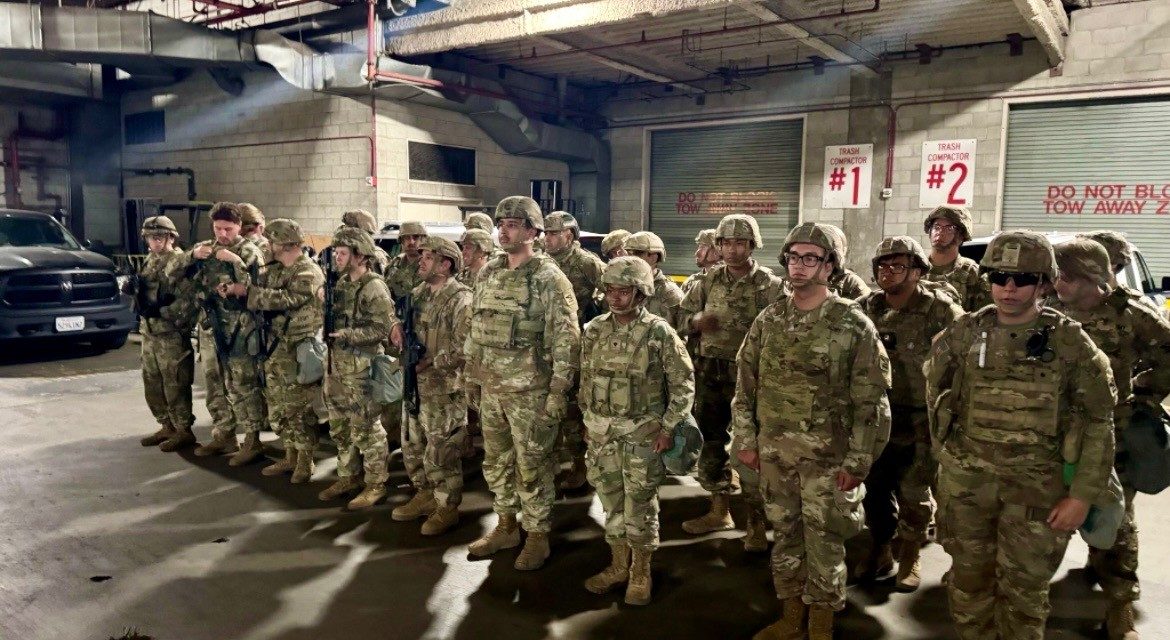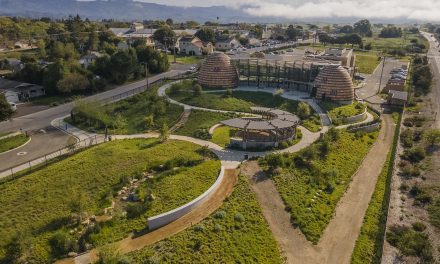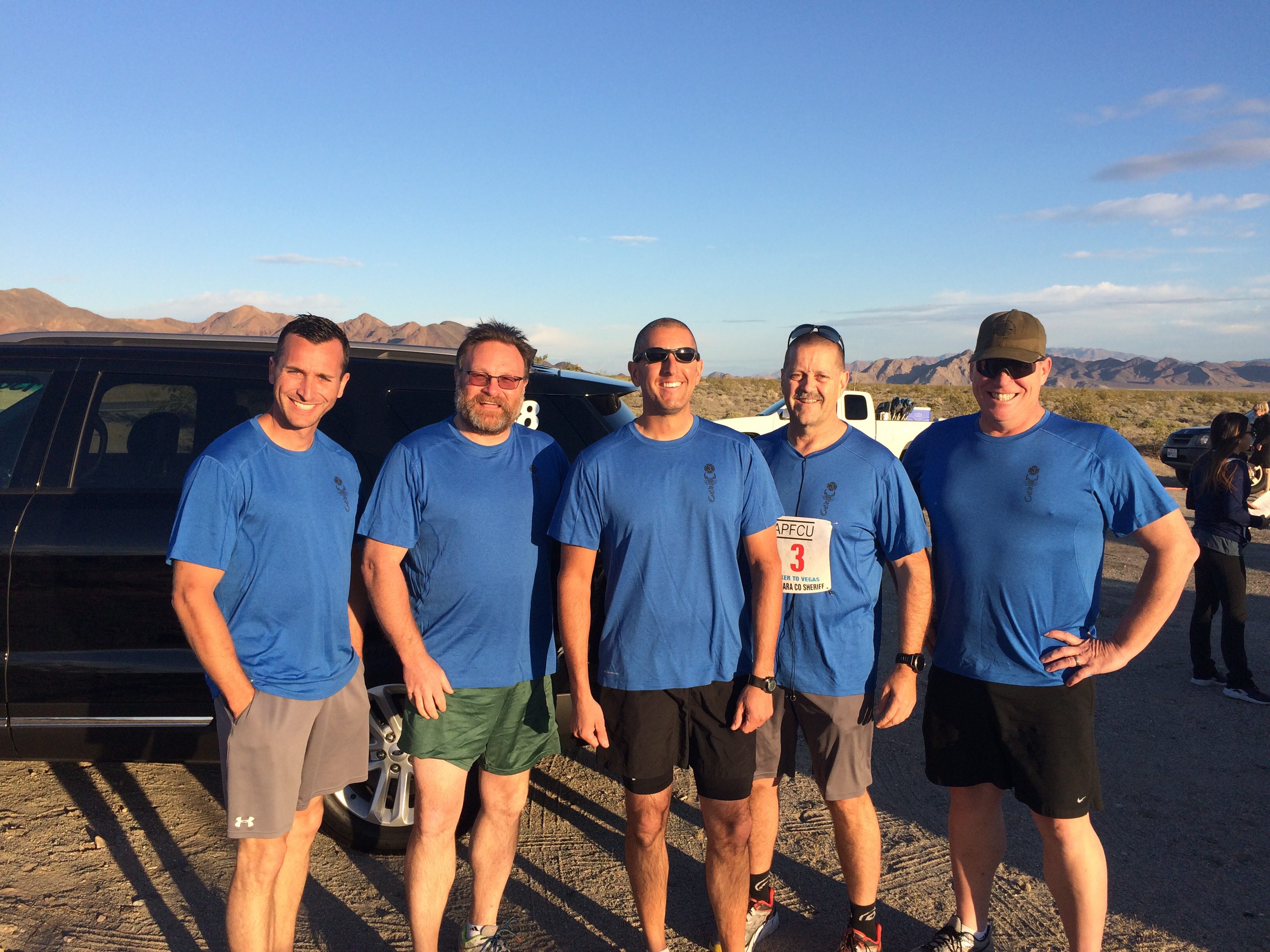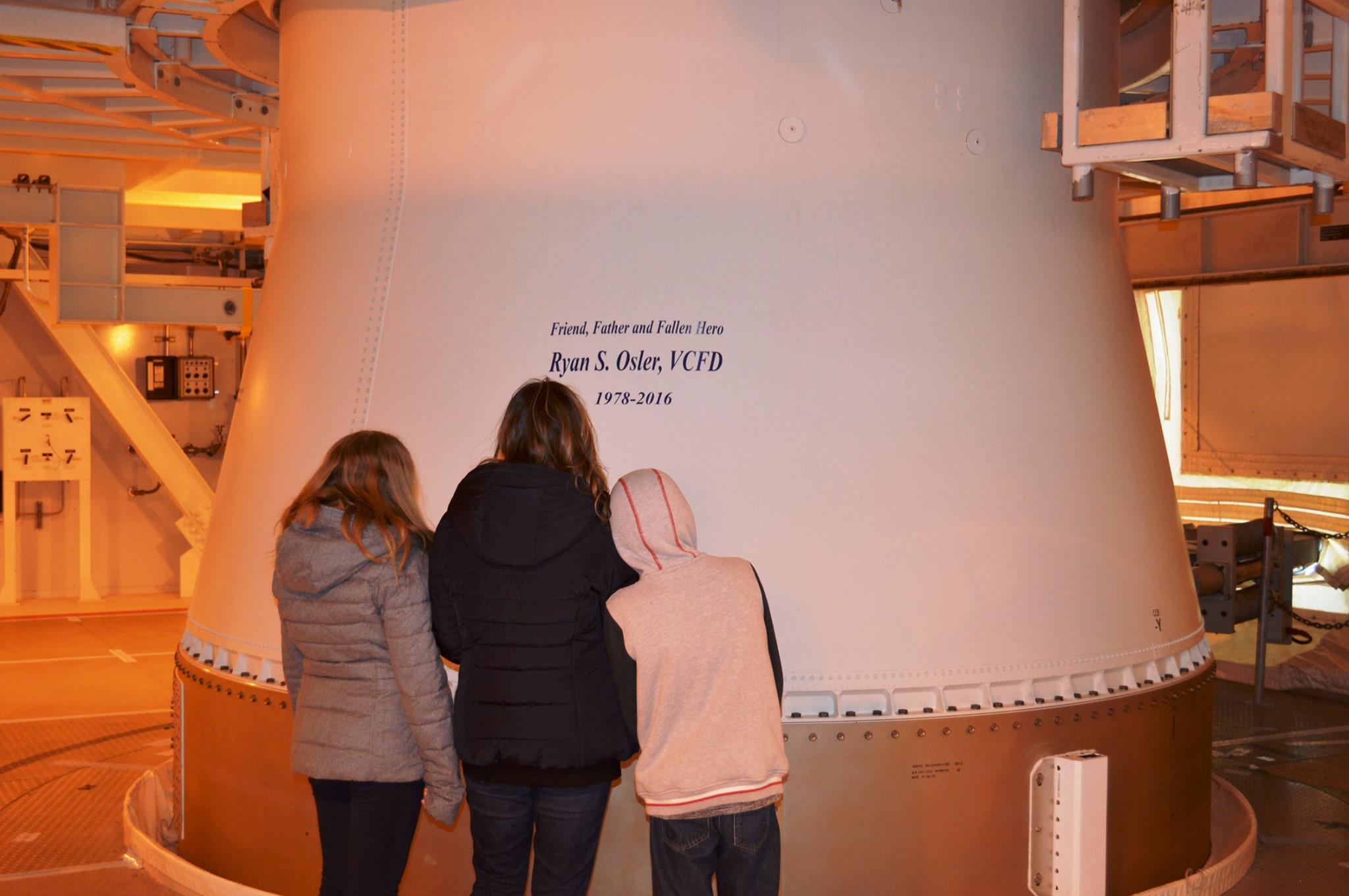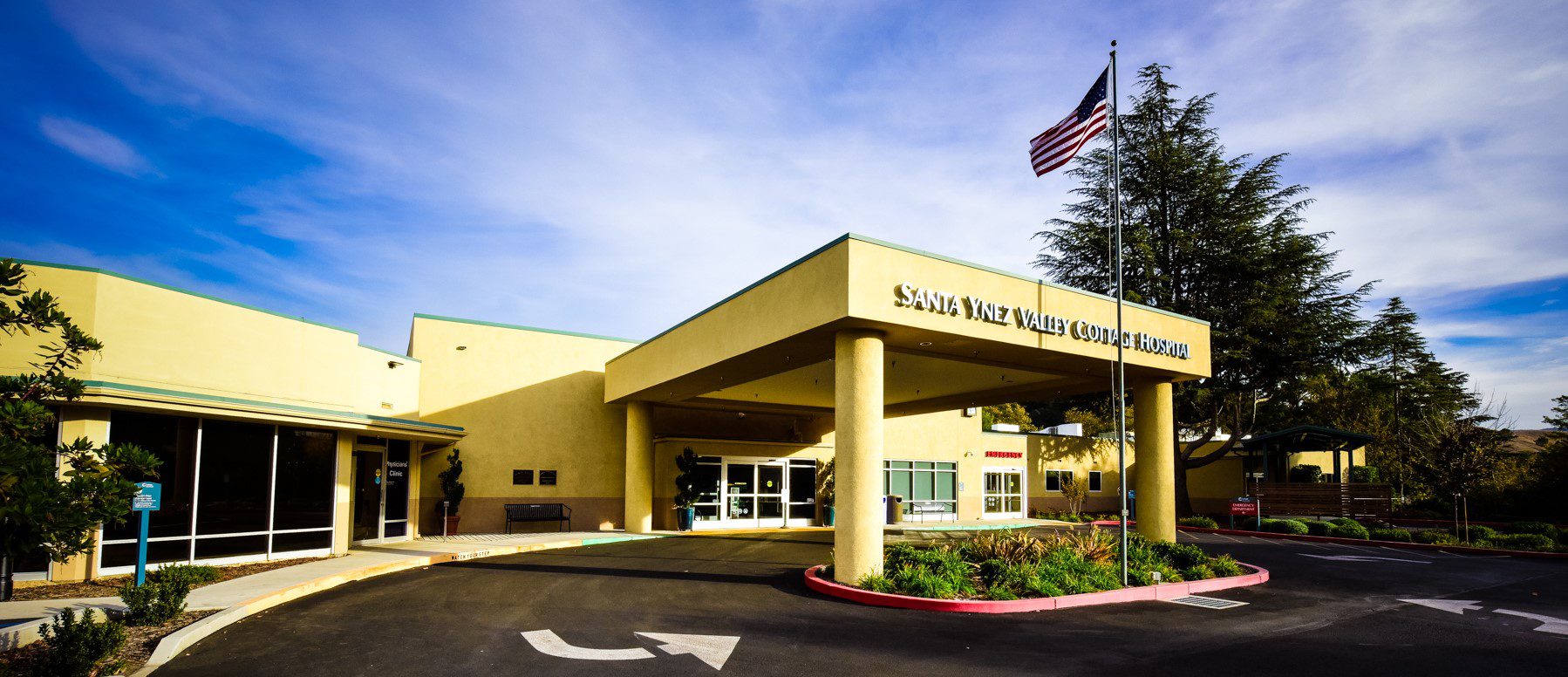Sheriff’s Office responds to mutual aid request as National Guard and federal agents crack down on protests, immigration unrest, and rising violence
On the evening of Sunday, June 8, the Santa Barbara County Sheriff’s Office answered a call for help from the Governor’s Office of Emergency Services, deploying 32 deputies to Los Angeles to assist with civil unrest that has gripped the region in recent days. The officers, drawn from the department’s Sheriff’s Response and Special Enforcement Teams, arrived in downtown Los Angeles late Sunday night and worked into the early morning to provide building security and public safety support.
They join a growing force of law enforcement and military personnel now operating in the greater Los Angeles area in response to escalating tensions, protests, and violent disturbances sparked by federal immigration enforcement actions and broader frustrations with government authority.
Sheriff Bill Brown emphasized that the deployment is strictly a mutual aid agreement and not linked to federal immigration enforcement.
“Members of the Santa Barbara County Sheriff’s Office are not engaged in immigration enforcement activities in Los Angeles,” Sheriff Bill Brown said. “But rather our role is to assist allied law enforcement agencies and help them ensure the safety and security of their communities in response to these violent disturbances.”
Brown condemned the violence that has erupted, noting that while peaceful protest is a constitutional right, the situation in Los Angeles and elsewhere has deviated far from lawful demonstrations.
“The events unfolding in Los Angeles, other cities in California, and across the nation are far from peaceful First Amendment protests,” Brown said. “We are witnessing destructive attacks on private property and targeted attacks on law enforcement officers, both of which are completely unacceptable. Our agency remains committed to ensuring public safety and supporting our law enforcement partners and the Southern California community. Over the past 15 years, Santa Barbara County has repeatedly benefited from mutual aid resources from both the city and the county of Los Angeles during our front country wildfires, and we are reciprocating with our support in their time of need.”
The call for mutual aid follows a week of rising violence and political division. On Saturday, June 7 a protest near a Home Depot in the city of Paramount began peacefully but spiraled out of control as reports emerged that federal agents were staging immigration enforcement operations in nearby office spaces. Social media footage showed tear gas, looting, and burning vehicles. The Los Angeles County Sheriff’s Department declared the gathering an unlawful assembly and attempted to disperse the crowd.
By that night, similar unrest reached downtown Los Angeles, with the LAPD declaring an unlawful assembly and warning protesters of arrest if they did not disperse.
The situation escalated further on Sunday when the federal government, under a directive from President Donald Trump, deployed National Guard troops from California’s 79th Infantry Brigade Combat Team to protect federal property and law enforcement personnel. According to U.S. Northern Command, around 300 soldiers were initially deployed, with the potential for more.
Citing recent threats to immigration detention centers and attacks on federal officers, the White House invoked a rarely used federal statute — 10 U.S.C. 12406 — to justify the use of military personnel in domestic operations. The order allows the National Guard to be used for up to 60 days or longer at the Secretary of Defense’s discretion.
Simultaneously, U.S. Immigration and Customs Enforcement (ICE) announced the results of an extensive enforcement sweep in Los Angeles. According to a June 8 press release, agents arrested more than a dozen undocumented immigrants described as “the worst of the worst,” including individuals with convictions for violent crimes such as murder and sexual assault.
“These rioters in Los Angeles are fighting to keep rapists, murderers, and other violent criminals loose on our streets,” said DHS Assistant Secretary Tricia McLaughlin. “Instead of rioting, they should be thanking ICE officers who are making our communities safer.”
The ICE statement — and the timing of the arrests — has inflamed public sentiment. Los Angeles Mayor Karen Bass condemned the federal actions and warned of the toll they are taking on already anxious immigrant communities.
“This morning, President Trump deployed the National Guard into Los Angeles,” Bass wrote in a social media post on Monday, June 9. “The fear people are feeling in our city right now is very real. It puts our neighborhoods at risk. This is the last thing we need.”
Bass emphasized that the city stands with all its residents, regardless of immigration status, and urged demonstrators to remain peaceful. Still, as the violence mounted, she made clear that criminal activity would not be tolerated. “ANYONE who vandalized Downtown or looted stores does not care about our immigrant communities,” she added in a June 10 post. “You will be held accountable.”
The deployment has ignited a renewed debate about the role of federal authority in local jurisdictions, particularly in California, where state leadership has long pushed back against federal immigration policies.
Governor Gavin Newsom called the federalization of troops a dangerous precedent. “The federal government is now turning the military against American citizens,” Newsom said in a televised address. “This is unprecedented and threatens the very core of our democracy.”
Monday, June 9, Defense Secretary Pete Hegseth confirmed that 700 active-duty U.S. Marines from Camp Pendleton would also be deployed to Los Angeles, citing ongoing threats to federal facilities and law enforcement. Hegseth defended the decision, saying, “We have an obligation to defend federal officers — even if Governor Newsom will not.”
In contrast, many Santa Barbara and Santa Ynez residents remain uneasy about the militarization of California’s largest city. Local leaders and advocacy groups have expressed concern about the broader implications for civil liberties and public trust in government institutions.
Despite the tension, Sheriff Brown reiterated the professionalism and limited scope of Santa Barbara’s involvement.
“We hope for a swift restoration of order in Los Angeles,” Brown stated. “Allowing all law enforcement personnel to return to their homes safely.”
As the situation continues to evolve, all eyes remain on Los Angeles — where the clash between local control, federal enforcement, and public unrest may define the next chapter in the ongoing national conversation about justice, immigration, and civil order.

